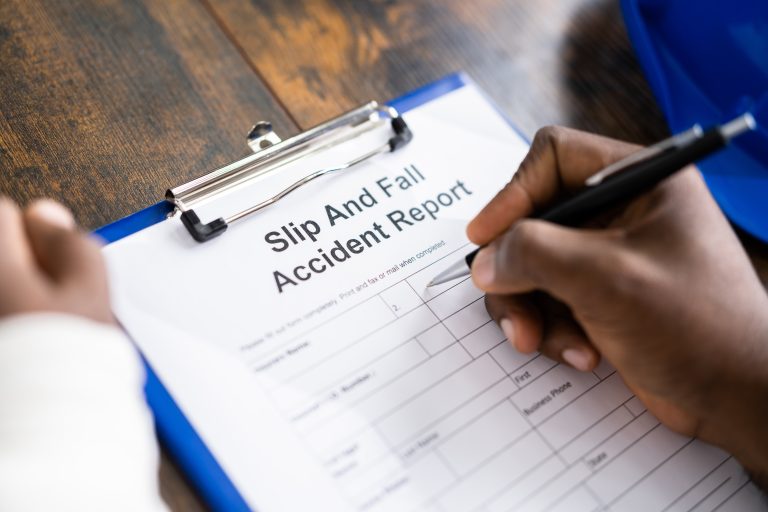Workplace injuries remain a significant issue in the UK, with the Labour Force Survey reporting an estimated 1,980 non-fatal workplace injuries in Great Britain between 2022 and 2023. For workers impacted by negligence in their workplace, knowing what steps to take after an accident is vital. Experts at Claims.co.uk have outlined essential actions for employees to ensure their safety and protect their right to compensation.
Reporting the Incident
The first step after a workplace accident is to immediately report the incident to your employer. This should include filling out a detailed accident report, noting the time, location, and any witnesses. This document will form a key part of your case if you decide to make a compensation claim. Experts recommend requesting a copy of the report to keep for personal records.
Employers also have a duty to report accidents to the Health and Safety Executive (HSE). Verifying that your employer has fulfilled this responsibility can be crucial for your case, as this report could serve as evidence in your claim.
Gathering Evidence
Collecting evidence at the scene is crucial to building a strong case. Taking photographs and videos of the location where the accident occurred, as well as the equipment or hazards involved, can help document the conditions that led to the injury. As work sites can change quickly, it’s important to capture this evidence as soon as possible.
In addition, photographing your injuries provides a visual record that may be used as further evidence in your claim.
If CCTV footage captured the incident, you can request this from your employer or the owner of the system. Under UK law, they are obliged to provide the footage within 40 days of your request.
Witness Accounts
If anyone witnessed the accident—whether a colleague or a bystander—it is advisable to gather their statements. These witness accounts can help corroborate your version of events, so it’s essential to record their names and contact details for future reference. Signed statements from witnesses can be particularly helpful in supporting your case.
Medical Records and Personal Documentation
After receiving treatment, it’s important to retain all medical records, including reports, prescriptions, and any other related documents. These can be submitted as evidence of the severity of your injury and the extent of your recovery process. If you are unable to obtain the records yourself, a solicitor will typically request them on your behalf.
It’s also recommended to keep a personal account of the accident. Documenting the timeline from when the incident occurred to the medical help received and ongoing treatment will help to strengthen your case, especially if your employer disputes liability. Keeping track of all correspondence and developments in your injury and recovery is key.
Follow Medical Advice
For both your health and any potential claim, following medical advice is critical. Ensure you attend all follow-up appointments and adhere to the treatment plan given. Failing to comply with medical advice could undermine your case by suggesting a lack of interest in recovery.
Returning to Work
Don’t rush your return to work, as doing so prematurely may worsen your injury. If medical advice allows you to return with conditions—such as restricted hours or tasks—ensure these are respected by both you and your employer. This will help prevent further injury and assist in a smooth recovery.
Making a Compensation Claim
You are eligible to make a workplace accident claim if the incident was caused by someone else’s negligence, such as your employer’s failure to meet their legal duty of care. In most cases, claims must be made within three years of the accident or from the point at which you became aware of your injury or condition.
An initial consultation with a legal expert will help determine if you are entitled to compensation.
A spokesperson for Claims.co.uk highlighted the importance of acting swiftly after an accident: “In the aftermath of a workplace injury, it can be overwhelming to think about what steps to take. However, if your injury was caused by someone else’s negligence, you have the right to seek compensation. By documenting the incident thoroughly, you can help protect your legal rights and, importantly, aid your recovery.”
These key steps ensure workers can safeguard their rights and potentially prevent future workplace injuries.



